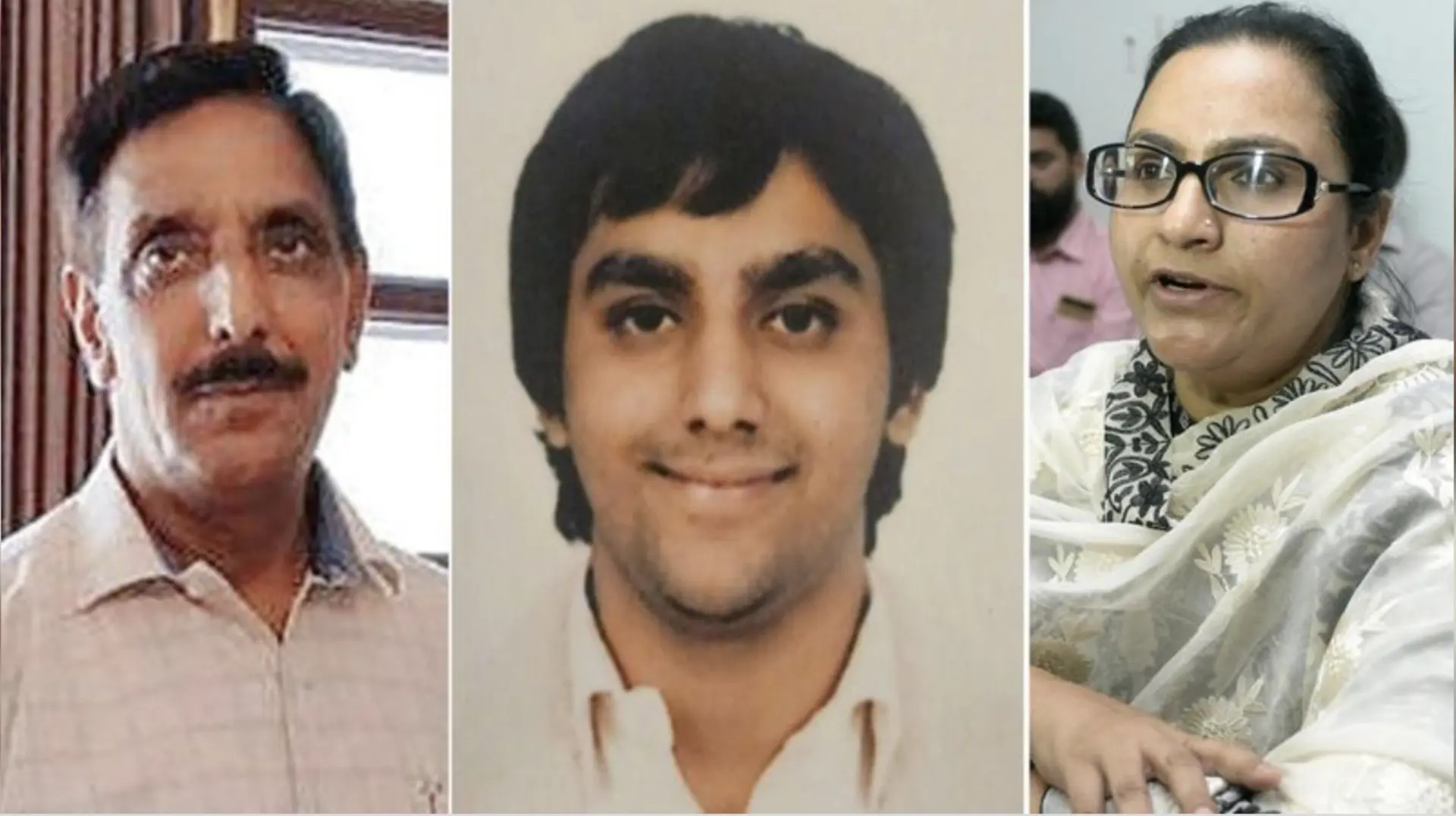
Haryana government has announced monthly pension of ₹3000 for individual suffering from thalassaemia and haemophilia diseases. This initiative has been taken by modifying the "Haryana Divyang Pension Rules, 2016" and it aims to provide financial relief to affected families.
Understanding the diseases
Thalassaemia is a genetic blood disorder where the body produces abnormal haemoglobin and the patients require regular blood transfusion throughout their lifetime . Severe anaemia, fatigue and slow growth are few symptoms of thalassaemia. The treatment of the disease involves regular blood transfusion and iron therapy. Without proper treatment this disease can lead to organ damage and other complications for the patient.
Haemophilia is an inherited bleeding disorder where blood doesn’t clot properly. In this disease patients can experience spontaneous bleeding or excessive bleeding from minor injuries. Even minor cuts or internal injuries can be life threatening for the patient. It requires regular factor replacement therapy and can lead to joint damage and other complications if not treated properly.
Haryana government's pension initiative addresses the financial challenges faced by the families dealing with these conditions. The ₹3000 monthly pension will help cover regular medical checkup, treatment, cost, transportation to medical facilities and essential medication and therapies.
Eligibility and Coverage
- Open to residents with 3+ years in Haryana
- Family income limit: Rs 3 lakh annually
- Age requirement: 18 years and above
- Will benefit 2,083 patients (1,300 thalassemia and 783 hemophilia patients)
- Annual budget allocation: Rs 7.5 crore













